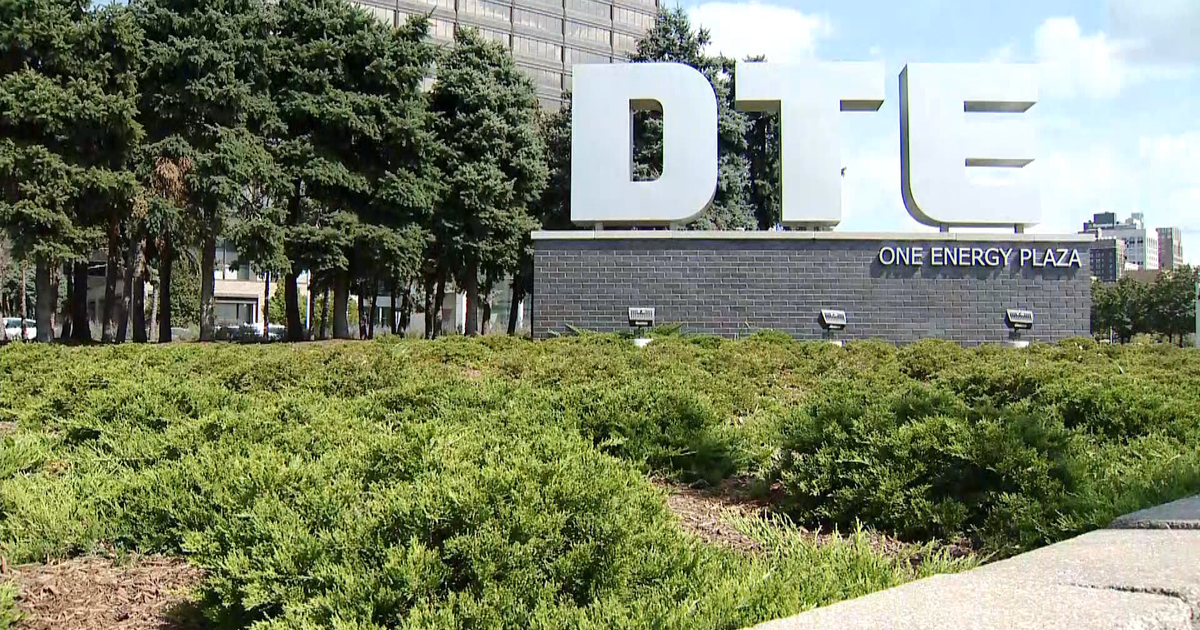MSU Scientists Battle Algal Blooms
Michigan State University researchers are hoping a current project will reduce increased incidents of fish kills, fouled drinking water, closed beaches and additional problems triggered by harmful algal blooms.
Using a $499,954 grant from the Environmental Protection Agency, the MSU team of scientists will work to curb the growth of HABs in Michigan's near-shore waters as well as the entire Great Lakes basin. The implications, however, will resonate globally, said Jan Stevenson, zoology professor.
"Developing management strategies to minimize algal blooms require detailed knowledge about the landscape factors that drive them," said Stevenson, who is also co-director of MSU's Center for Water Sciences. "Our overarching goal is to restore the physical, chemical and biological integrity of the near-shore zone of the Great Lakes and provide a model that can be used worldwide."
Alleviating and controlling HABs has been challenging due to the difficulty identifying the relationship between what triggers and what feeds them. Past studies show that warm water, low turbulence and high levels of phosphorus fuel excessive growth of HABs. Agricultural run-off and the overuse of suburban lawn chemicals also contribute to the problem.
The team will shed light on the relationship between coastal algal bloom risk and nutrient sources, create models to forecast where and when HABs will appear and develop action plans to reduce or eliminate them.
Researchers will focus on four watersheds: the Muskegon River, Grand River, Saginaw Bay and Boardman-Charlevoix. One of the tools available to the team is 35 years worth of satellite imagery. The images allow ecologists to continuously monitor Earth's ecosystems, and recently they've been adapted to study HABs.
Other MSU researchers leading the project include David Hyndman, professor of geological sciences, and Jiaguo Qi, geography professor.
The grant is part of the EPA's Great Lakes Restoration Initiative, a $475 million plan that calls for aggressive efforts to address the cleanup of toxins, combat invasive species, promote near-shore health and restore wetlands and other habitats. Overall, MSU researchers have been awarded more than $3 million for seven projects as part of the initiative. For more information on the EPA's efforts, visit www.greatlakesrestoration.us.
(c) 2010, WWJ Newsradio 950. All rights reserved.







